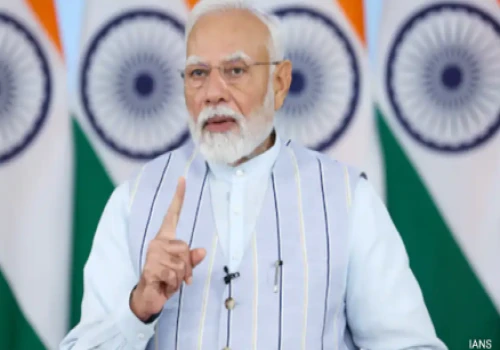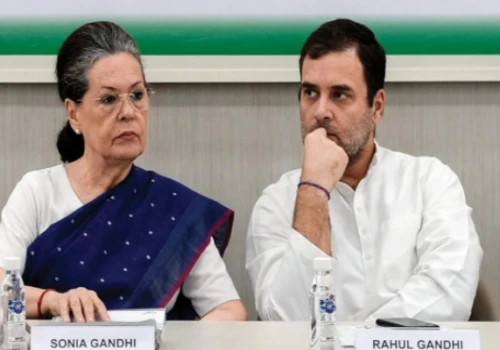
Guwahati: Despite strained bilateral relations between India and Bangladesh, Prime Minister Narendra Modi and Dr. Muhammad Yunus, the leader of the Dhaka-based interim administration, shared cordial greetings on the occasion of Eid-ul-Azha. In an official letter dated 4 June 2025, Prime Minister Modi, representing the people and administration of Bharat, extended best wishes to Dr. Yunus and the citizens of Bangladesh on the significant occasion of the Islamic holiday.
This sacred festival is a fundamental aspect of India's rich and diverse cultural history, celebrated with immense delight and fervor by millions of Muslims nationwide. It evokes the enduring principles of sacrifice, compassion, and fraternity, which are vital for constructing a harmonious and inclusive society, stated PM Modi, leader of the Bharatiya Janata Party-led federal government in New Delhi, further expressing, “I seize this opportunity to convey my best wishes for your health and well-being.”
Dr. Yunus expressed gratitude to PM Modi for his considerate message, cordial greetings, and warm wishes on Eid, noting that the holy event embodies the common values shared by the two neighboring nations. He sent his cordial condolences to PM Modi and the citizens of India on this significant occasion. In a letter dated 6 June, Dr. Yunus said, “Eid-ul-Azha is a period of contemplation that unites communities in the spirit of celebration, sacrifice, generosity, and solidarity, motivating us to collaborate for the greater good of people worldwide.”
The sole Nobel laureate from Bangladesh, presently serving as the chief adviser to the caretaker government, expressed assurance that the 'spirit of mutual respect and understanding will persist in guiding our nations to collaborate for the welfare of our peoples.' On this auspicious occasion, Dr. Yunus extended his wishes for good health and happiness to PM Modi and for peace, progress, and prosperity to the people of India. “I respectfully extend to you, Excellency, my utmost regard,” concluded the letter signed by Professor Yunus.
On the eve of Eid, Dr. Yunus, who assumed leadership of the interim government last year after a student-led public uprising that resulted in the ousting of Prime Minister Sheikh Hasina on August 5 (and subsequently forced her to seek refuge in India), declared that the 13th Jatiya Sansad elections will take place in the first half of April 2026. The octogenarian banker, now the head of caretaker administration, urged the electorate of Bangladesh to endorse a free, fair, clean, and participatory election in the Muslim-majority nation of over 170 million inhabitants.
He also stated that the country's election commission will furnish a comprehensive roadmap for the elections in due course, before which voters should prepare to select the appropriate candidates for Parliament to eradicate political violence, corruption, and poor governance in the South Asian nation. Regarding the three mandates of the current administration—reform, justice, and elections—Dr. Yunus remarked that the nation aspires to an inclusive election that pays tribute to the sacrifices of martyrs. He stated that millions of young people would engage in the electoral process for the first time and would hold candidates and political parties accountable if the nation's sovereignty, territorial integrity, and national dignity were compromised.
He did not neglect to reference the public misery orchestrated by the Hasina-led Awami League government in Dhaka for decades. Over the past 16 years of authoritarian rule, numerous individuals were forcibly disappeared to quell political dissent, remarked Dr. Yunus, noting that many were held in clandestine detention centers (recently revealed in Dhaka, Chapainawabganj, and Bogra), which are currently under investigation. Dr. Yunus acknowledged that Bangladesh is 'in a state of war' and urged the populace to unify against the fugitive prime minister, who had previously named numerous infrastructures and institutions after her family members, although these names have now been altered.

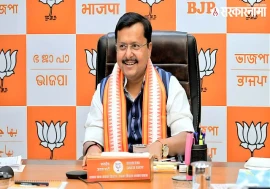
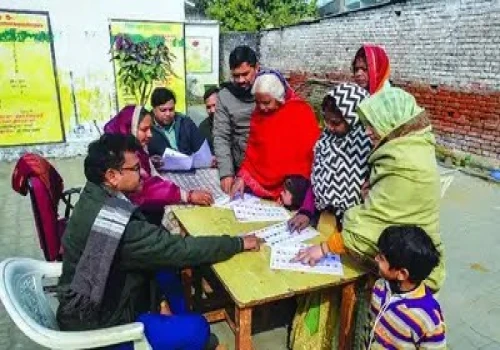

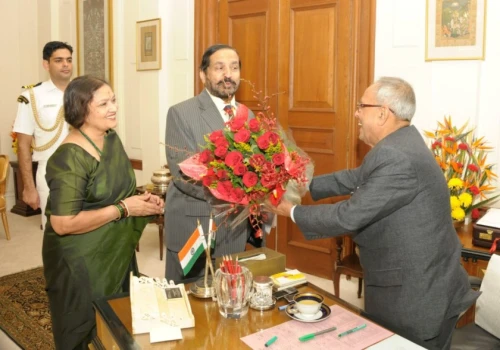
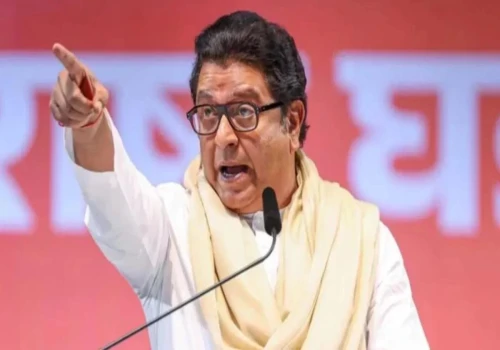
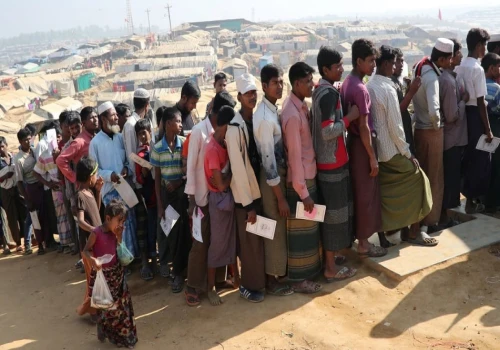
_500_x_350.webp)
